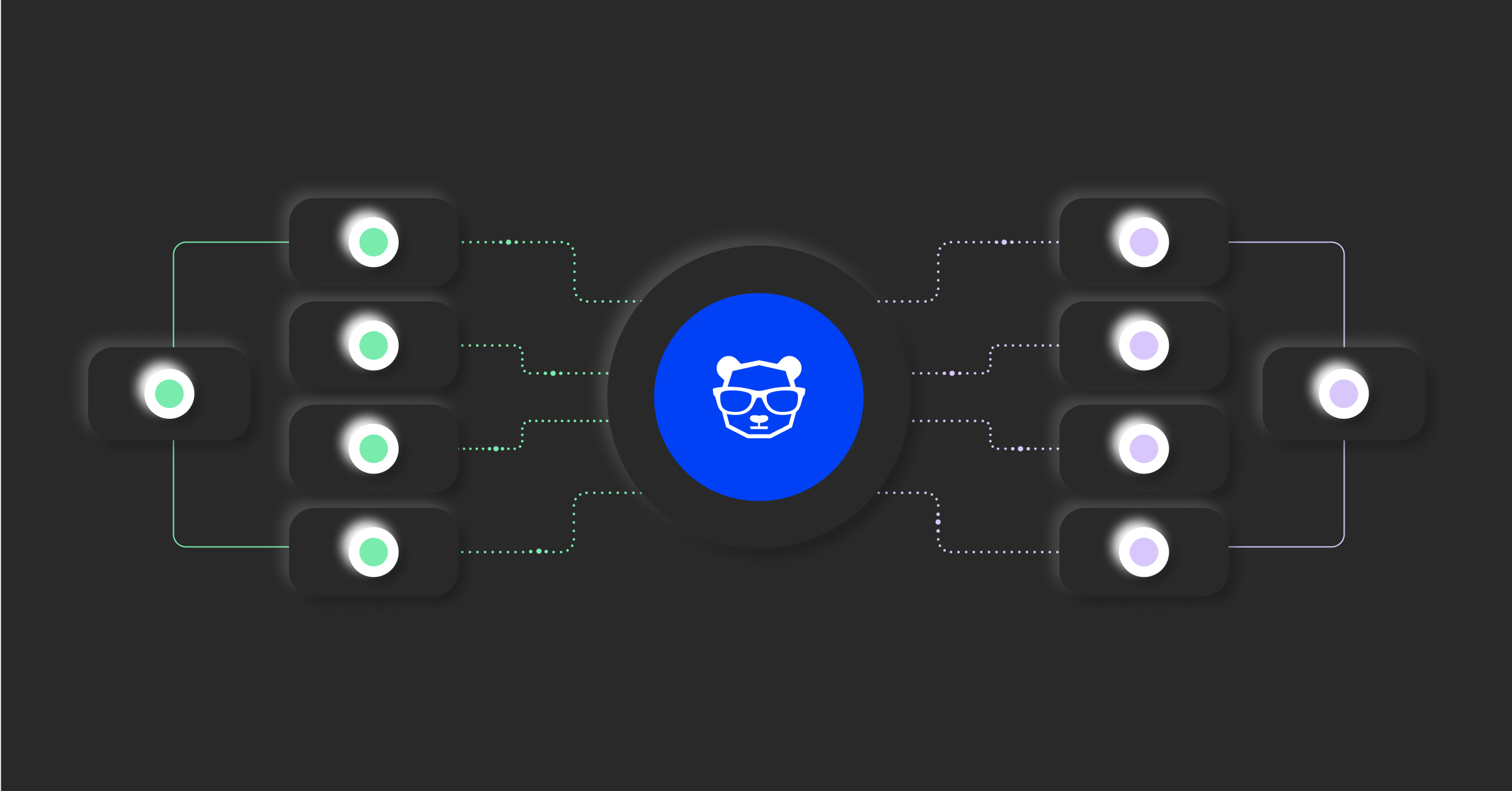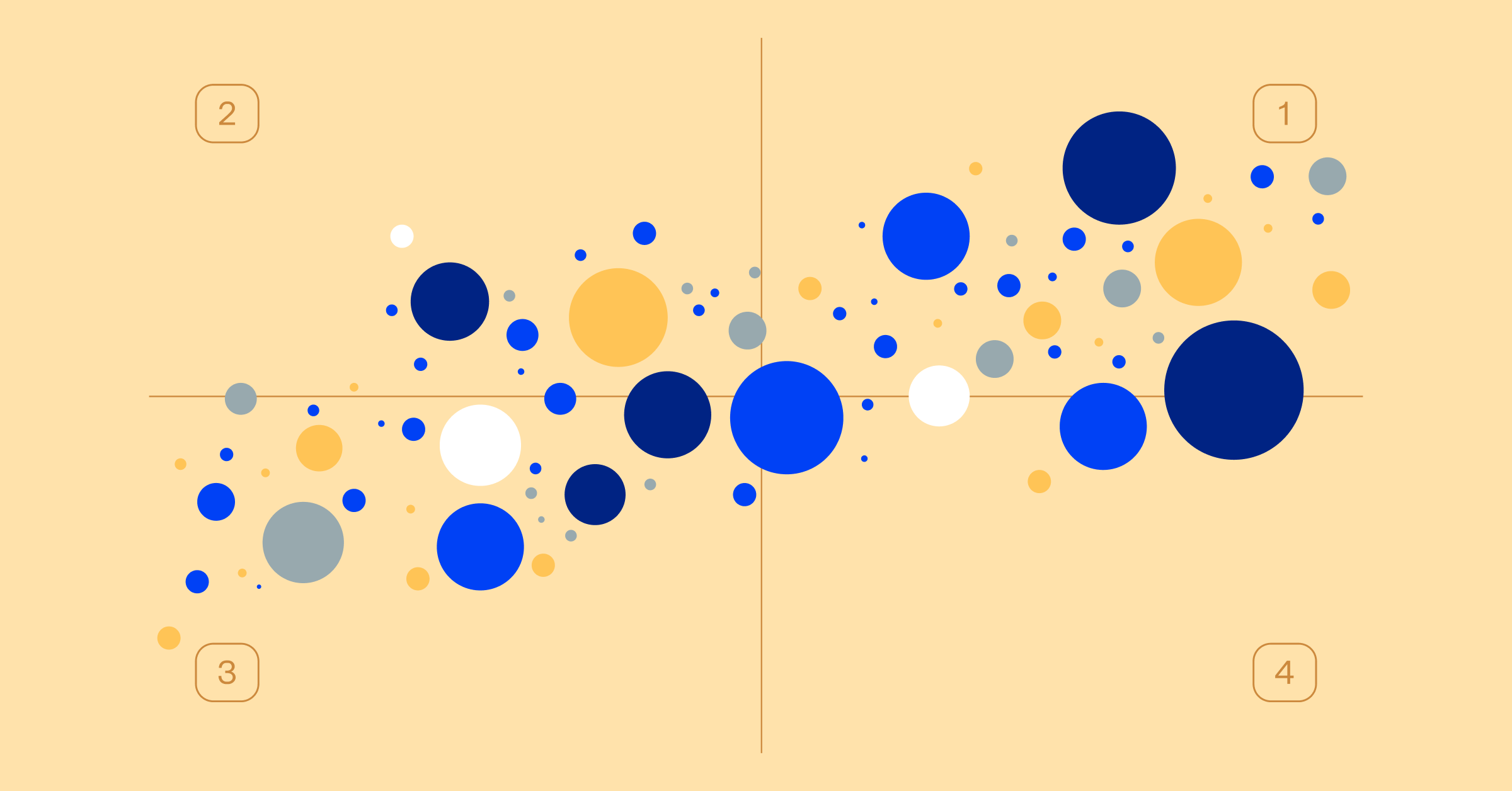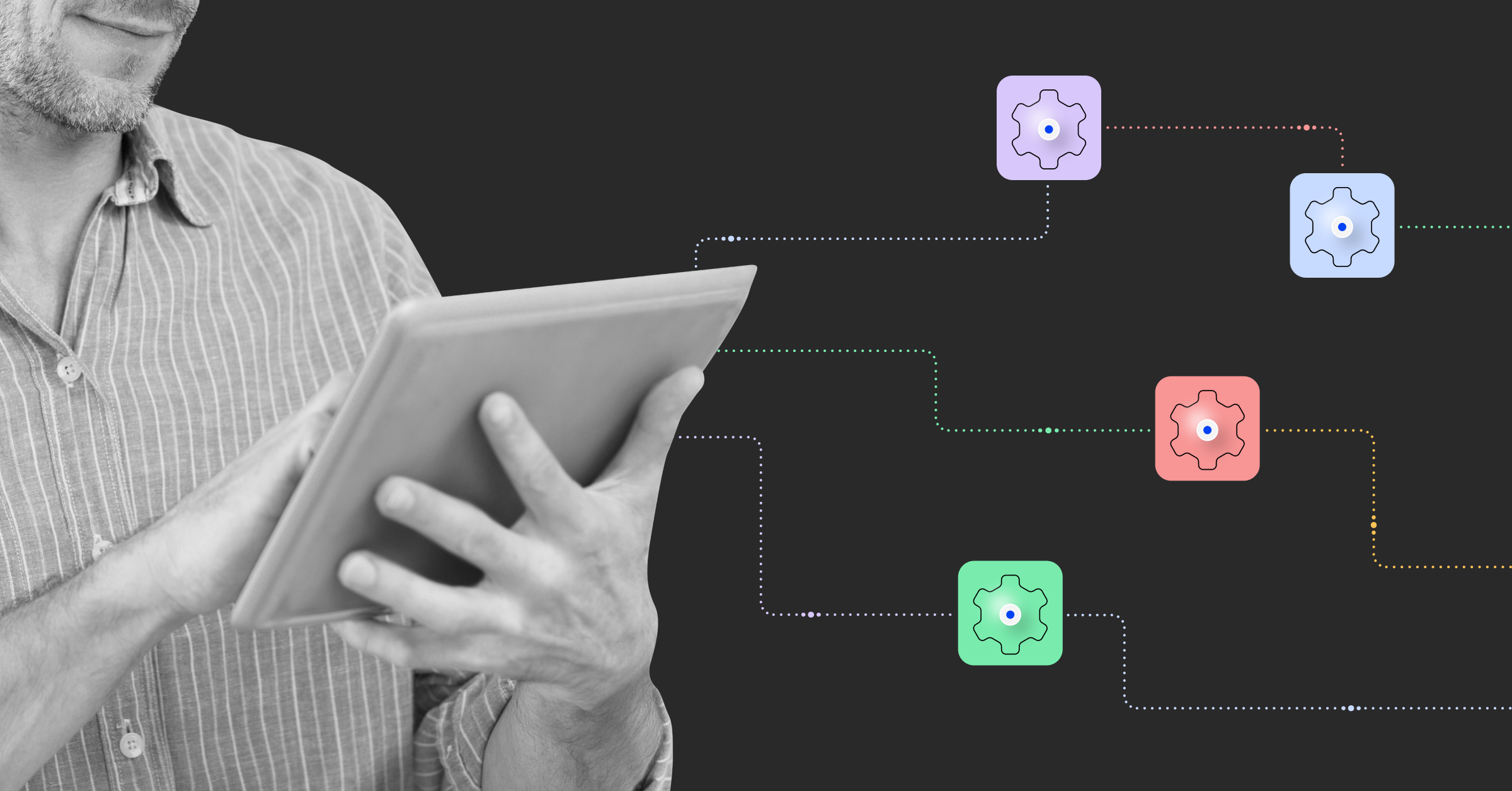Incident Management Automation
Automate L1 operations
BigPanda AI Detection and Response uses real-time signals and automation to detect, diagnose, triage, and resolve issues quickly.
Automate more, escalate less
Automated incident response improves first-contact resolution, eliminates manual and duplicate L1 workflows, and prevents disruptive escalations.
Proactive incident detection
Automatic incident management helps you spot early signals of issues using AI-driven correlation across observability, service desk activity, and external service provider dependencies. Cut noise and identify critical patterns before incidents escalate.
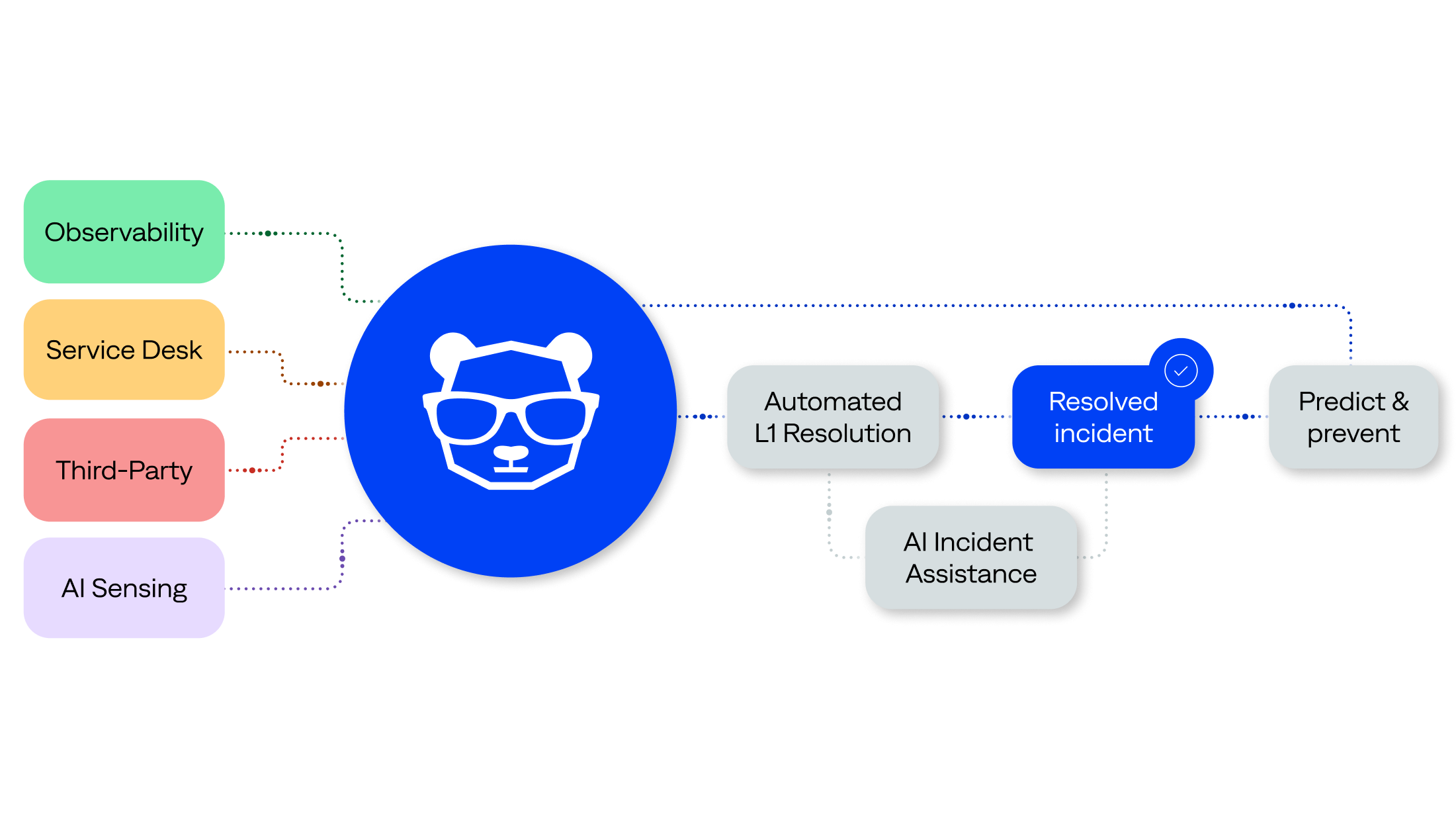
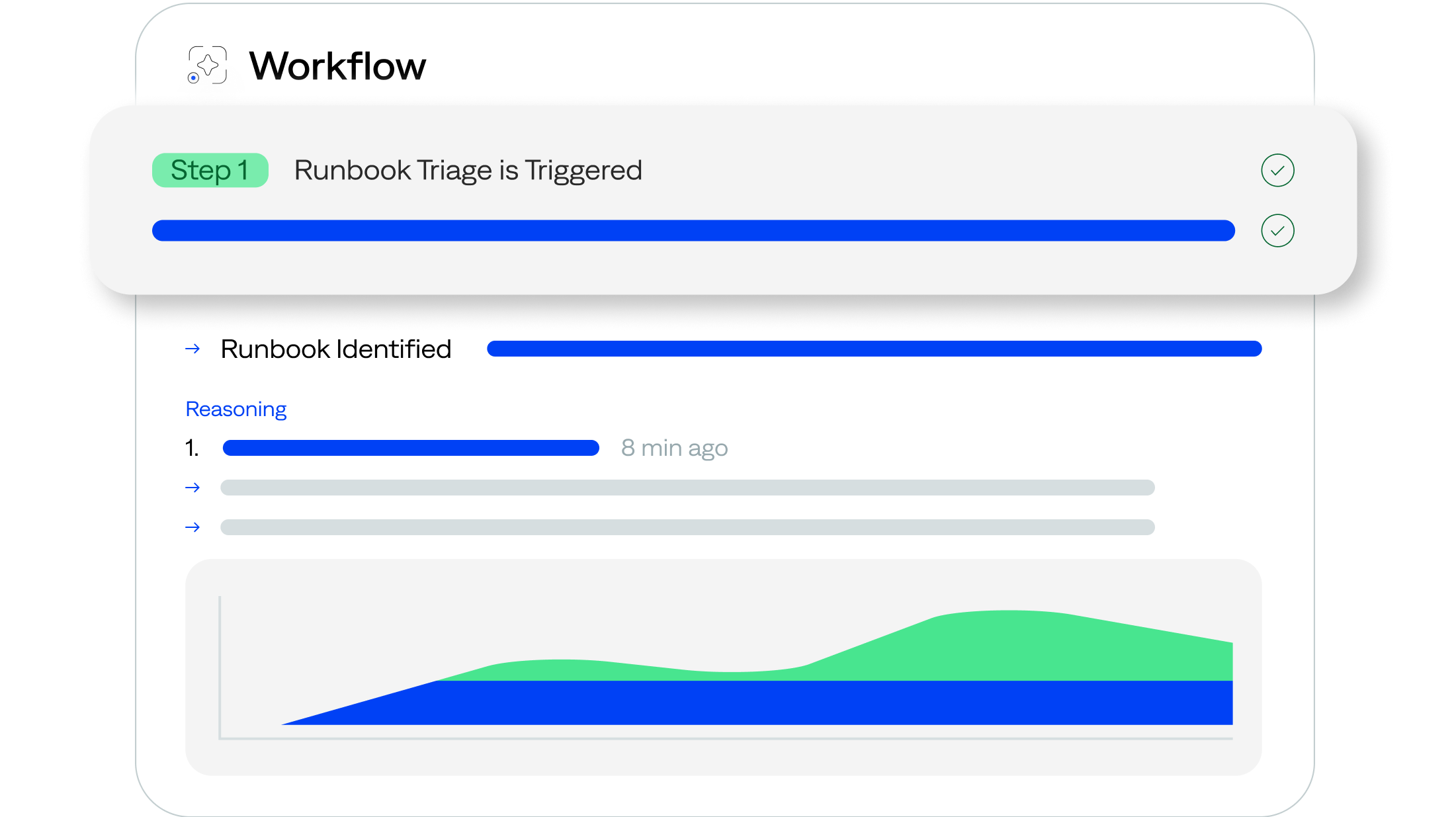
Automated incident diagnosis
Automatic incident management enriches every incident with context from historical incidents, recent changes, and CMDB data to automatically surface runbooks and knowledge articles and accurately diagnose incidents.
Faster and smarter triage
Automated incident response instantly assesses incident impact and priority, while surfacing root cause analysis and suggested next steps for faster, more confident triage decisions.
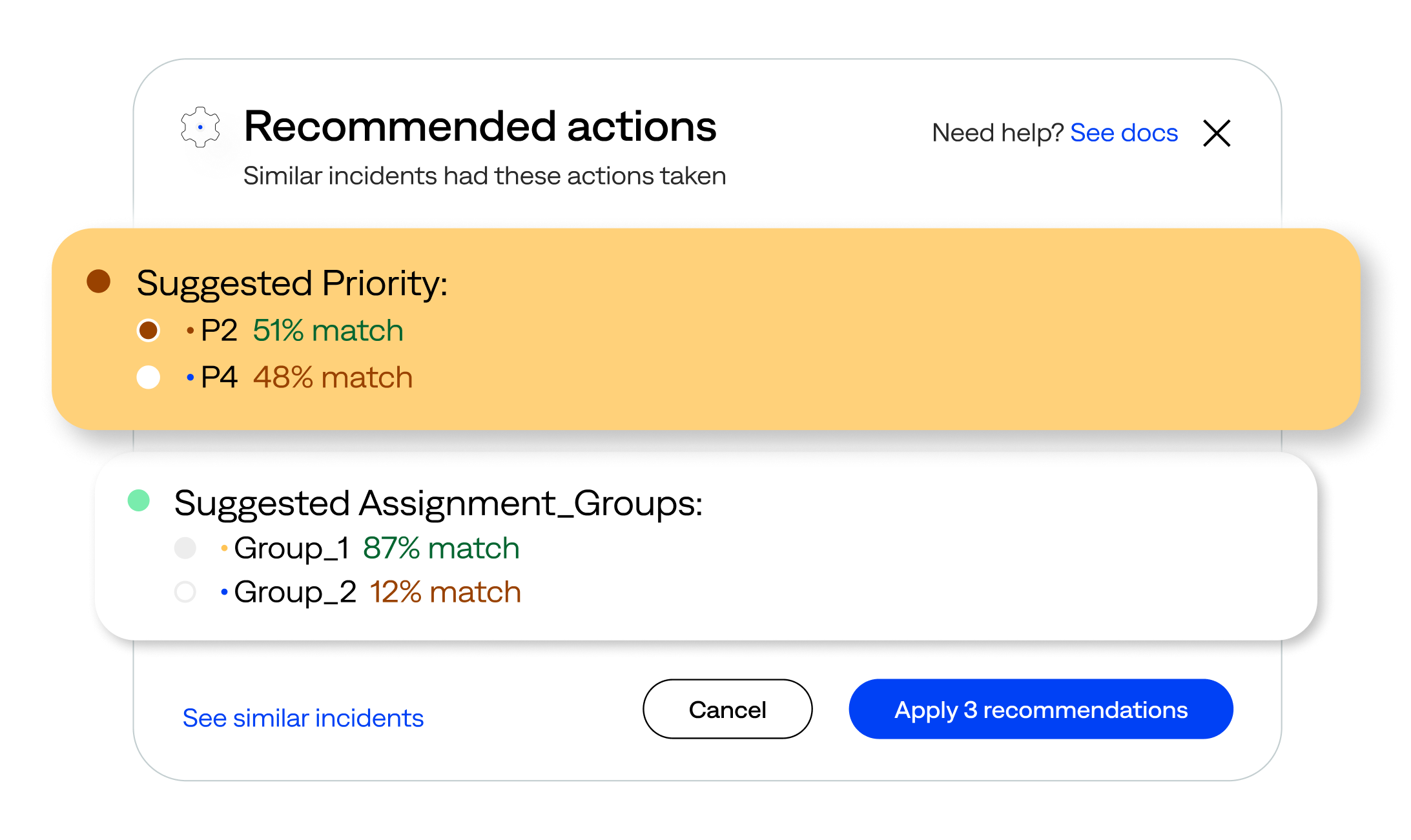
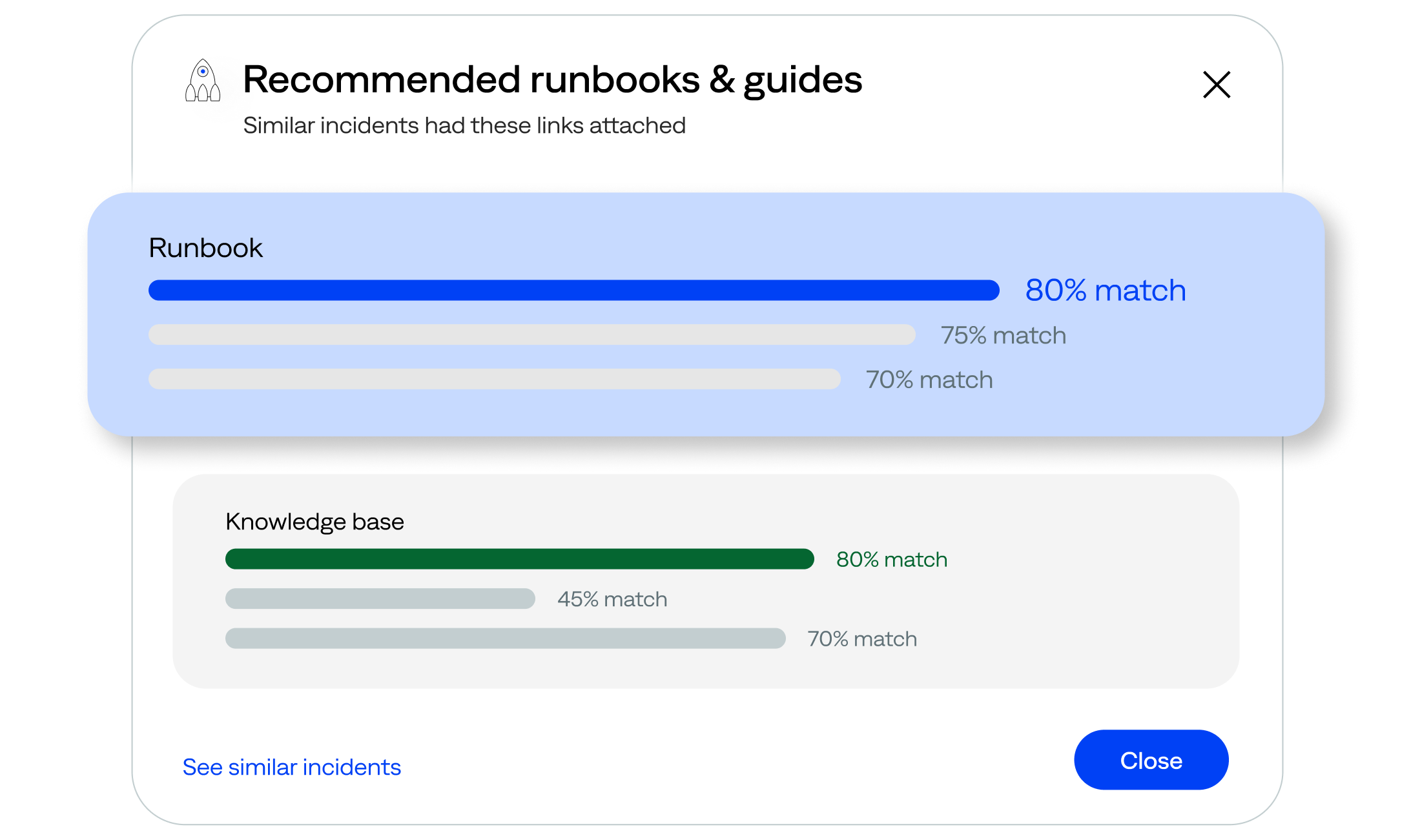
More incident management automation, less escalation
Eliminate guesswork and empower L1 teams to resolve incidents quickly with AI-suggested and automated remediation. Escalate issues only when needed and to the right team. Enrich tickets with context so incident responders can act fast.
Take control of incidents before they escalate
“Not only can we see the alerts, but we can evaluate them using correlation that recognizes patterns, connects alerts, and leads to fewer incidents.”
“Adding context to enrich alert data leads to more effective prioritization, faster problem resolution, and fewer service disruptions.”
Paul Bevan
IT Infrastructure Research Director
Bloor Research
“BigPanda has enabled us to get more real-time, relevant data about a specific incident. This has significantly reduced our mean time to resolution (MTTR).”
DEMO
See BigPanda AI Detection and
Response in action.

FAQ
What types of data can I integrate into BigPanda?
How does BigPanda provide additional context for enterprise ITOps?
BigPanda multidimensional alert correlation and AI incident analysis provide you with deeper insights and automate root cause analysis (RCA) for quick, informed decision-making.
This comprehensive approach enables you to resolve incidents efficiently with a holistic view of your system interconnectivity and operational impacts.
Does the AI learn and adapt?
Check out more related content

ANALYST REPORT
Gartner® Market Guide for Event Intelligence Solutions, 2025
According to Gartner®, I&O leaders should use this research to separate the hype of AIOps from the achievable value of optimized operations, reduced toil, and improved performance and availability.
